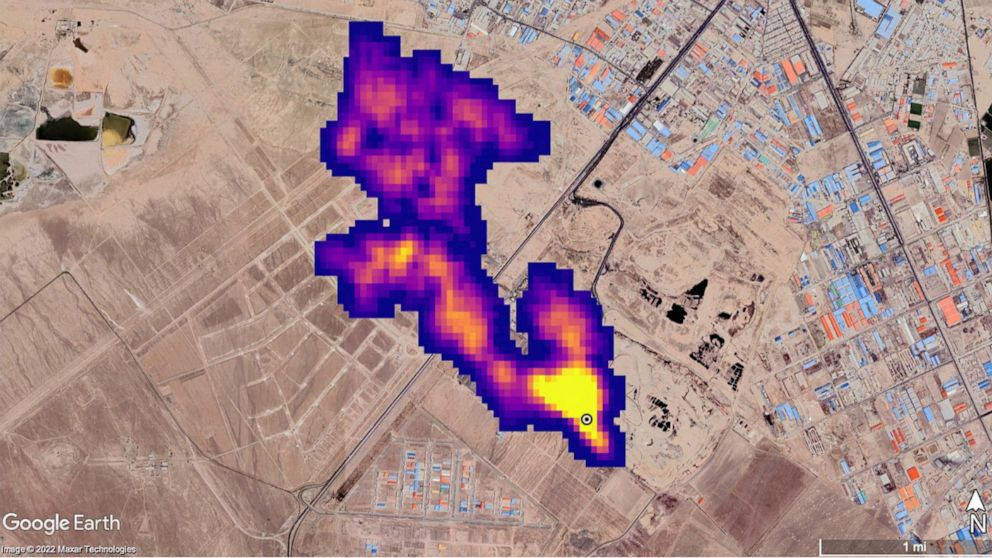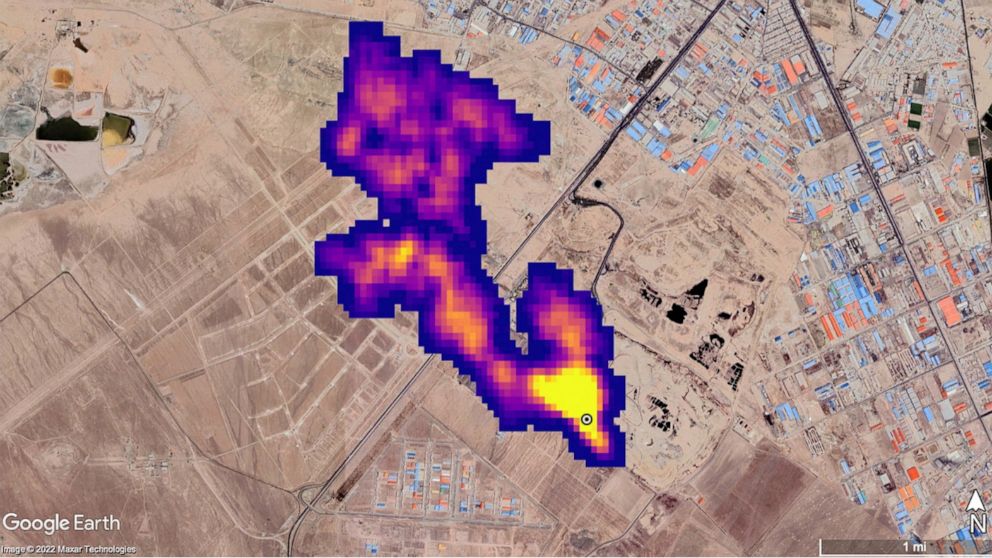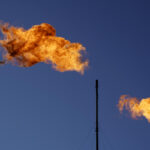World leaders are finding new ways to implement science to shape policy and industry changes that will lead to increased mitigation of greenhouse gases.
The United Nations is now implementing the Methane Alert and Response System, or MARS, a satellite-based system to detect global methane emissions, the intergovernmental organization announced Friday amid COP27, its climate change conference taking place in Sharm El-Sheikh, Egypt.
Methane is one of the most powerful greenhouse gases, contributing to at least a quarter of today’s climate warming. While methane is less prevalent than carbon dioxide, it is considered a more potent greenhouse gas because it absorbs more energy and contributes more to global warming.
The U.S. Environmental Protection Agency measures methane as more than 25 times more potent than carbon dioxide in how much warming it can contribute to the atmosphere over time.
“If we can reduce methane emissions in the short term, then we are effectively buying ourselves time to reduce CO2 emissions,” Manfredi Caltagirone, head of the United Nations Environment Programme’s (UNEP’s) International Methane Emissions Observatory, told ABC News.
Countries must reduce methane emissions by at least 30% by 2030 to keep the 1.5 C temperature limit within reach, according to the Intergovernmental Panel on Climate Change. Cutting methane emissions is “the fastest opportunity to reduce warming,” U.S. Special Presidential Envoy for Climate John Kerry said in a statement.
“As UNEP’s Emissions Gap Report showed before this climate summit, the world is far off track on efforts to limit global warming to 1.5 C,” Inger Andersen, executive director of UNEP, said in a statement.
The new system will use existing satellite technologies to gather data to allow governments and businesses to determine the right measures to mitigate emissions, according to the UNEP. It will also allow the UNEP to corroborate emissions reported by companies and characterize changes over time.
While the technology is not new, it had previously only been used for scientific purposes, Caltagirone said.
MARS will be the first publicly available global system capable of transparently connecting methane detection to notification processes and will use state-of-the-art satellite data to identify major emissions events, notify relevant stakeholders, and support and track mitigation progress, according to the UNEP.
The system will use data from global mapping satellites to identify very large methane plumes and methane hot spots before attributing the emissions to a specific source. UNEP will then notify governments and companies about the emissions, either directly or through partners, so that the responsible entity can take appropriate action.
This portion of the system is especially important for keeping countries and businesses accountable, Caltagirone said.
“They are the ones that control the mission of their own company,” he said.

In this handout image released Oct. 25, 2022, imaging of a methane plume at least 3 miles (4.8 km) long rising from a major landfill, where methane is a byproduct of decomposition, south of Tehran, Iran, captured by NASA’s orbital imaging spectrometer, is overlaid on a satellite photo.
Google Earth/Maxar/NASA/JPL-Caltech via Reuters
UNEP will then continue to monitor the event location and make the data and analysis available to the public between 45 and 75 days after detection, the organization announced.
More innovative systems like MARS, as well as collaborations among governments, businesses, innovators and philanthropic entities, will be necessary to approach the climate fight from all fronts, Caltagirone said.
“No single factor in the community can think of doing it alone,” he said.




